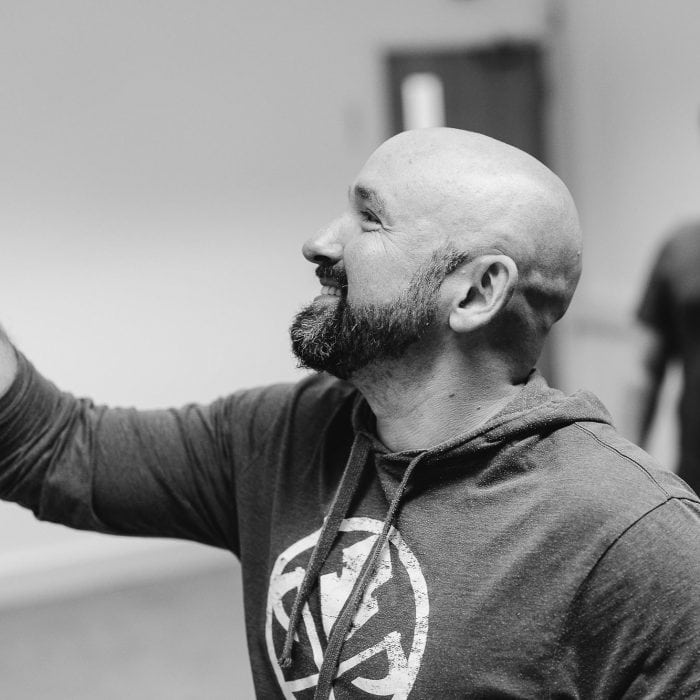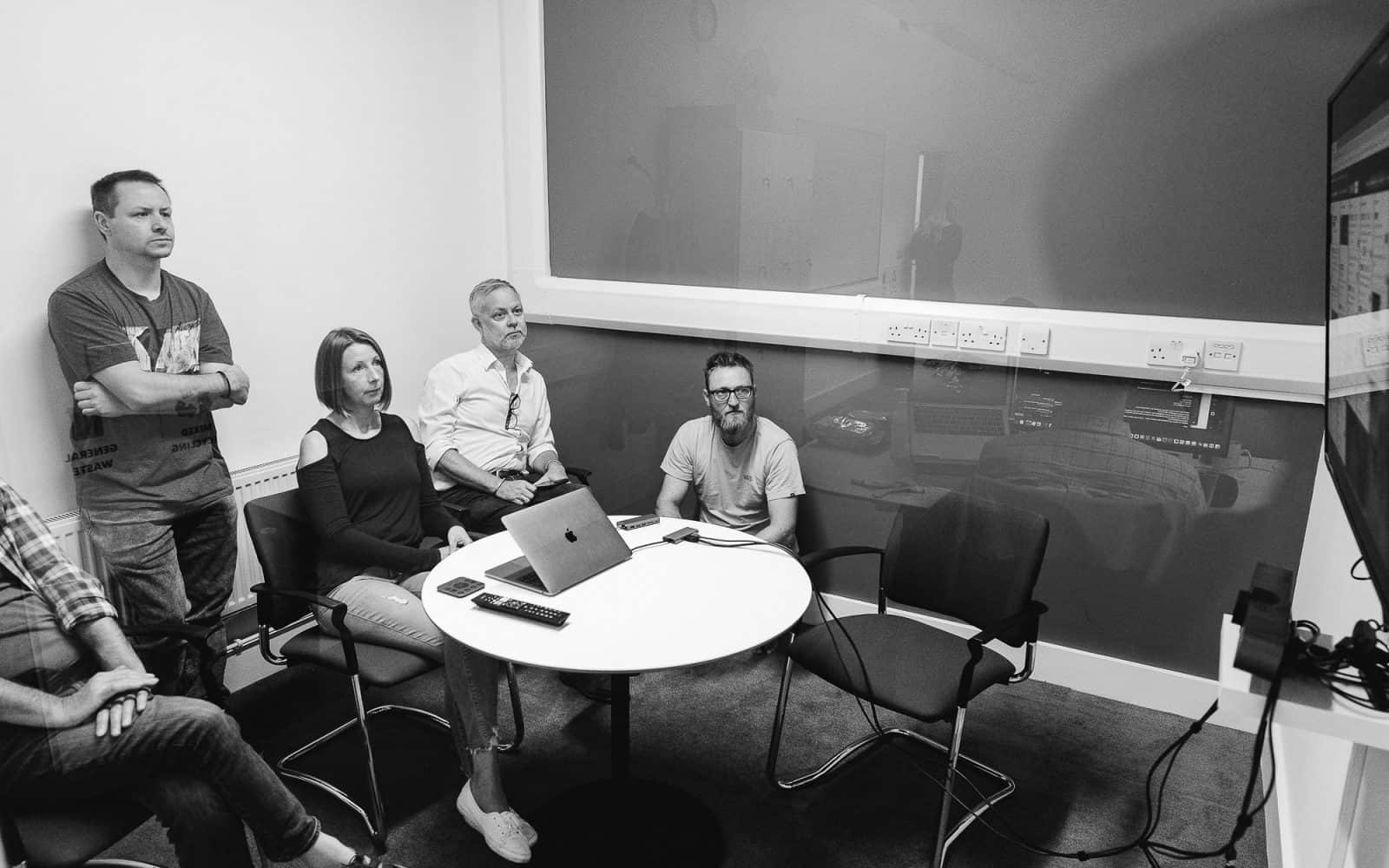Appendix: What does ChatGTP think about it all? It gave the answer below.
ChatGPT is a powerful language model created by OpenAI, designed to generate human-like responses to written or spoken prompts. As with any new technology, some have raised concerns that ChatGPT could potentially replace software developers and put them out of work. However, this is not the case. ChatGPT is not a threat to software developers, but rather a tool that can help them produce more efficiently.
ChatGPT is a language model that has been trained on a massive amount of data, allowing it to generate responses that are often indistinguishable from those of a human. However, this does not mean that ChatGPT can replace the work of a software developer. While ChatGPT is capable of generating code, it lacks the context and understanding of the underlying technology that a software developer possesses.
A software developer’s job goes beyond just writing code. They must also understand the business requirements, design the architecture, and ensure that the code is efficient, maintainable, and scalable. Additionally, software developers often have to work with other team members, such as project managers, designers, and quality assurance specialists, to deliver a product that meets the needs of the end-users.
ChatGPT can be a powerful tool for software developers, allowing them to quickly generate code snippets and automate repetitive tasks. This frees up their time to focus on more complex tasks, such as architecture design, problem-solving, and optimization. ChatGPT can also help software developers by providing them with suggestions and insights that they may not have considered before, allowing them to improve the quality and efficiency of their work.
However, even with the help of ChatGPT, software developers are still required. As mentioned earlier, ChatGPT lacks the context and understanding of the underlying technology, making it incapable of making decisions based on business requirements, user needs, or the overall architecture. Furthermore, ChatGPT is limited by the data that it has been trained on, meaning that it may not be aware of newer technologies or industry trends.
In conclusion, ChatGPT is not a threat to software developers. Instead, it is a tool that can help them produce more efficiently and improve the quality of their work. Software developers are still required to design the architecture, understand the business requirements, and ensure that the code is efficient, maintainable, and scalable. ChatGPT can be a powerful tool, but it cannot replace the human expertise and understanding that software developers possess.



